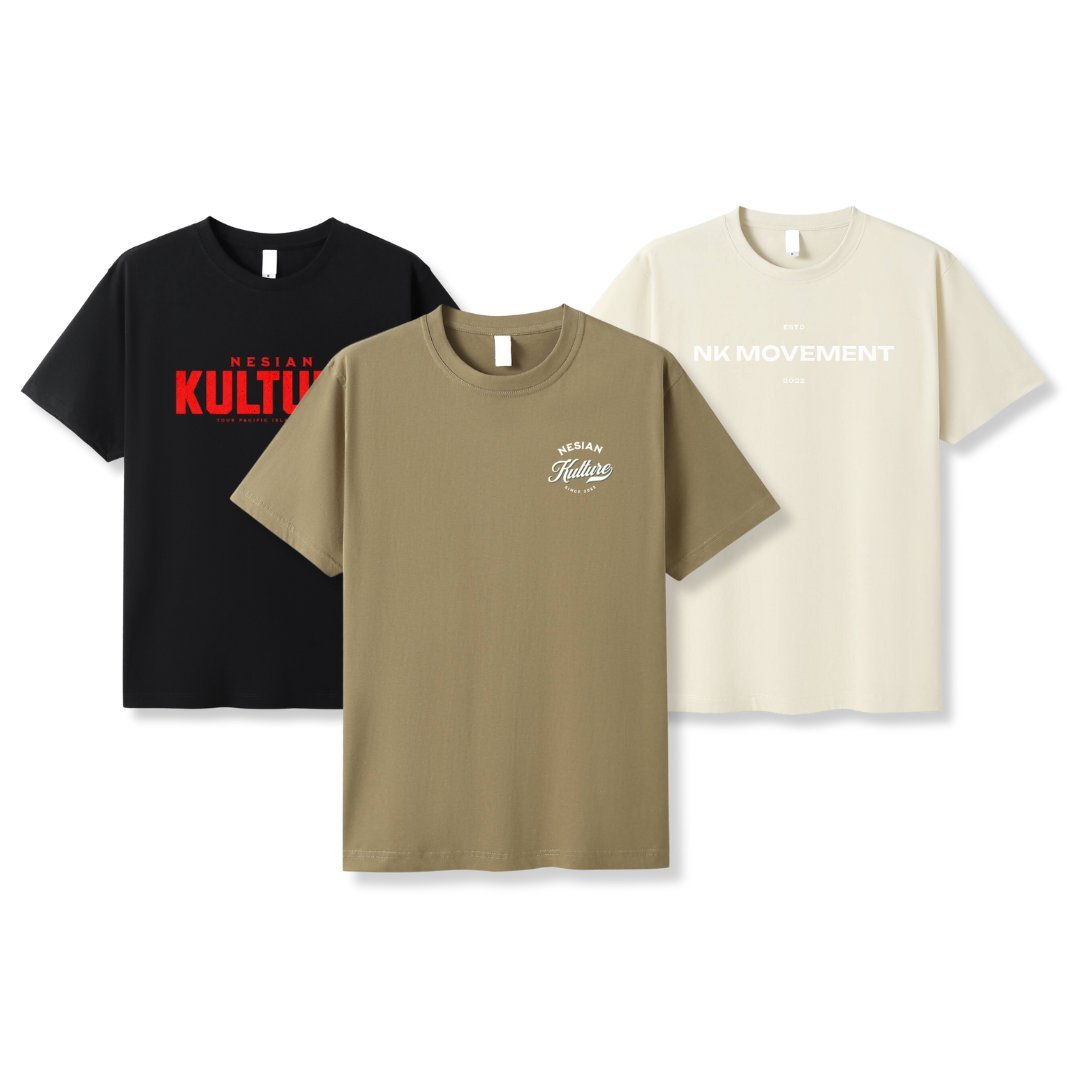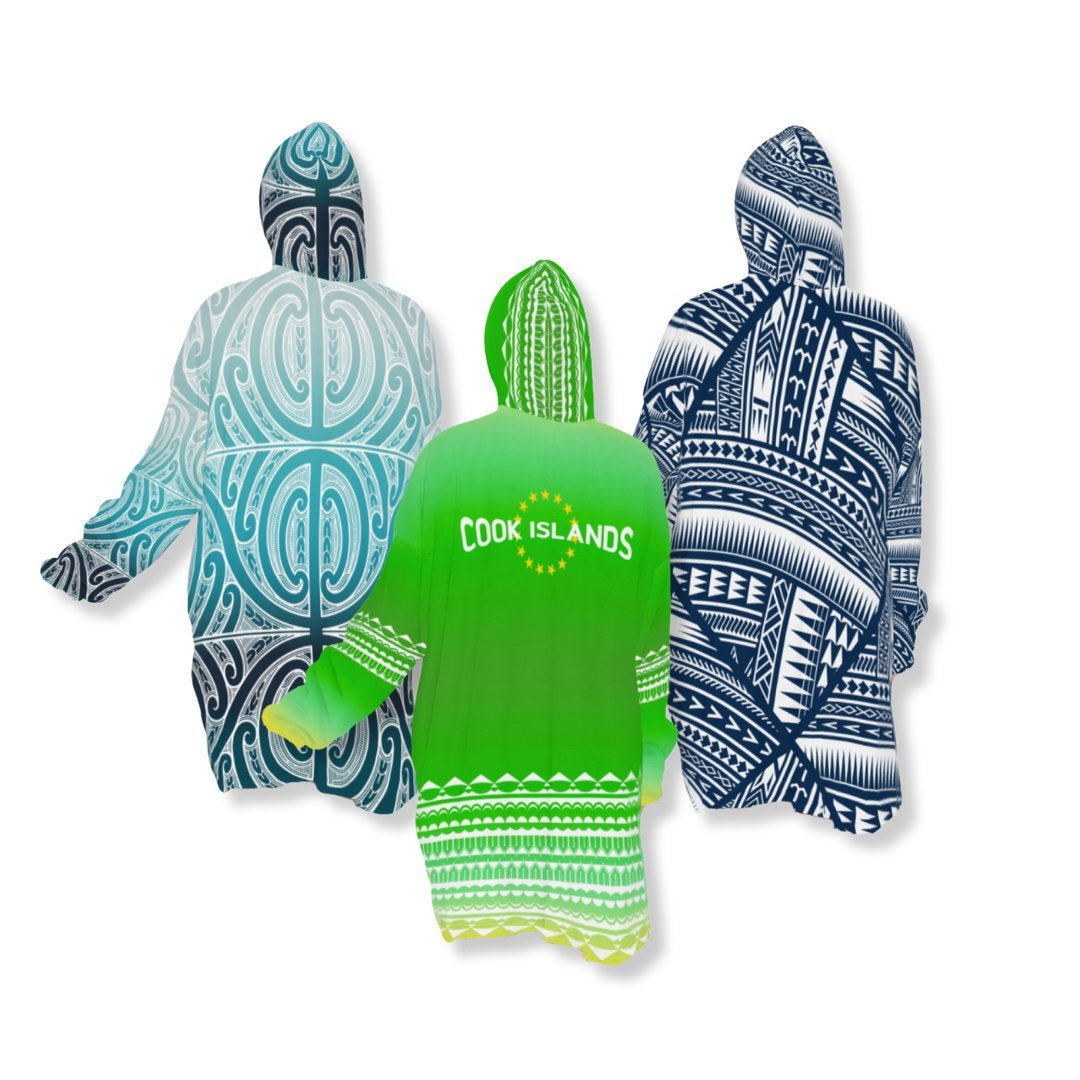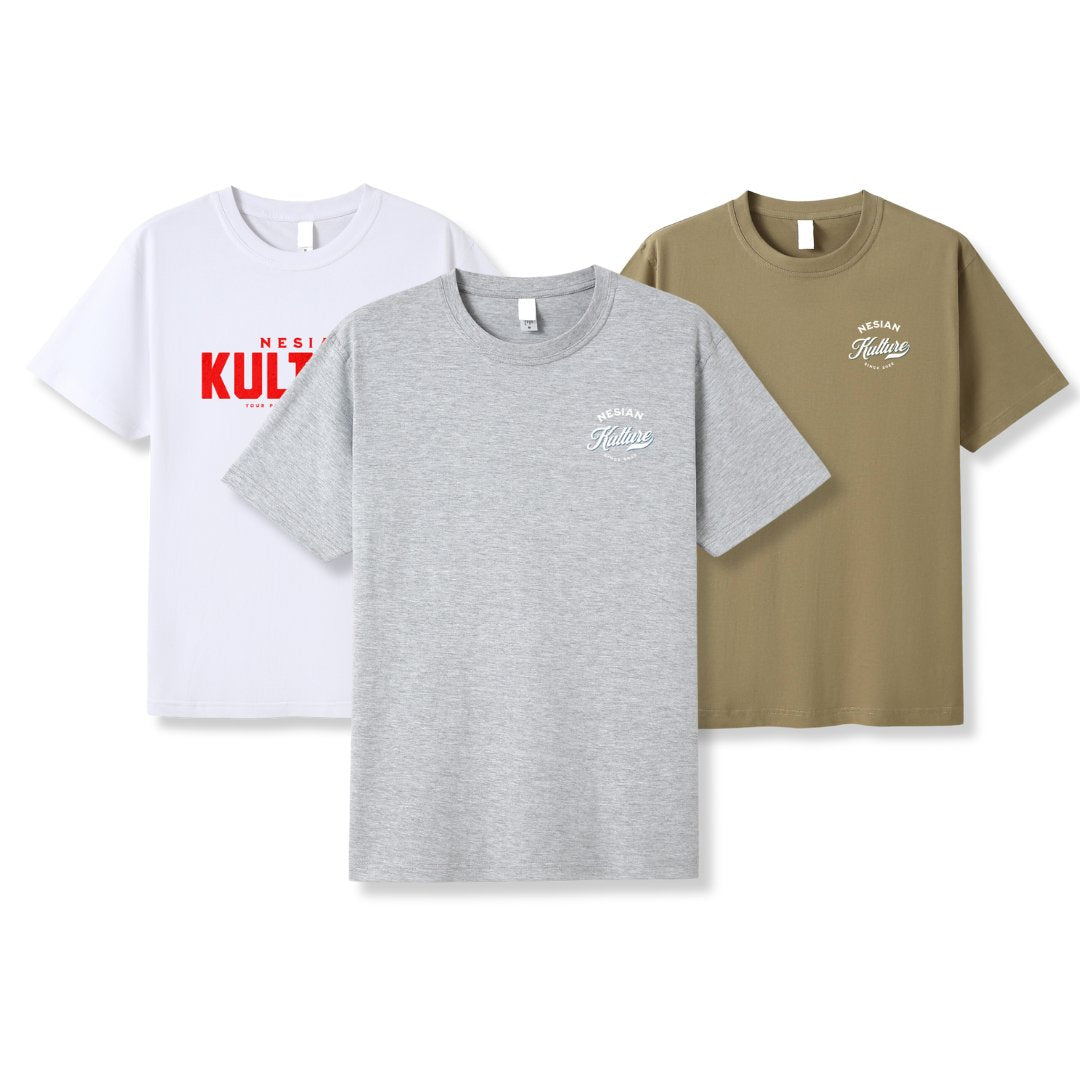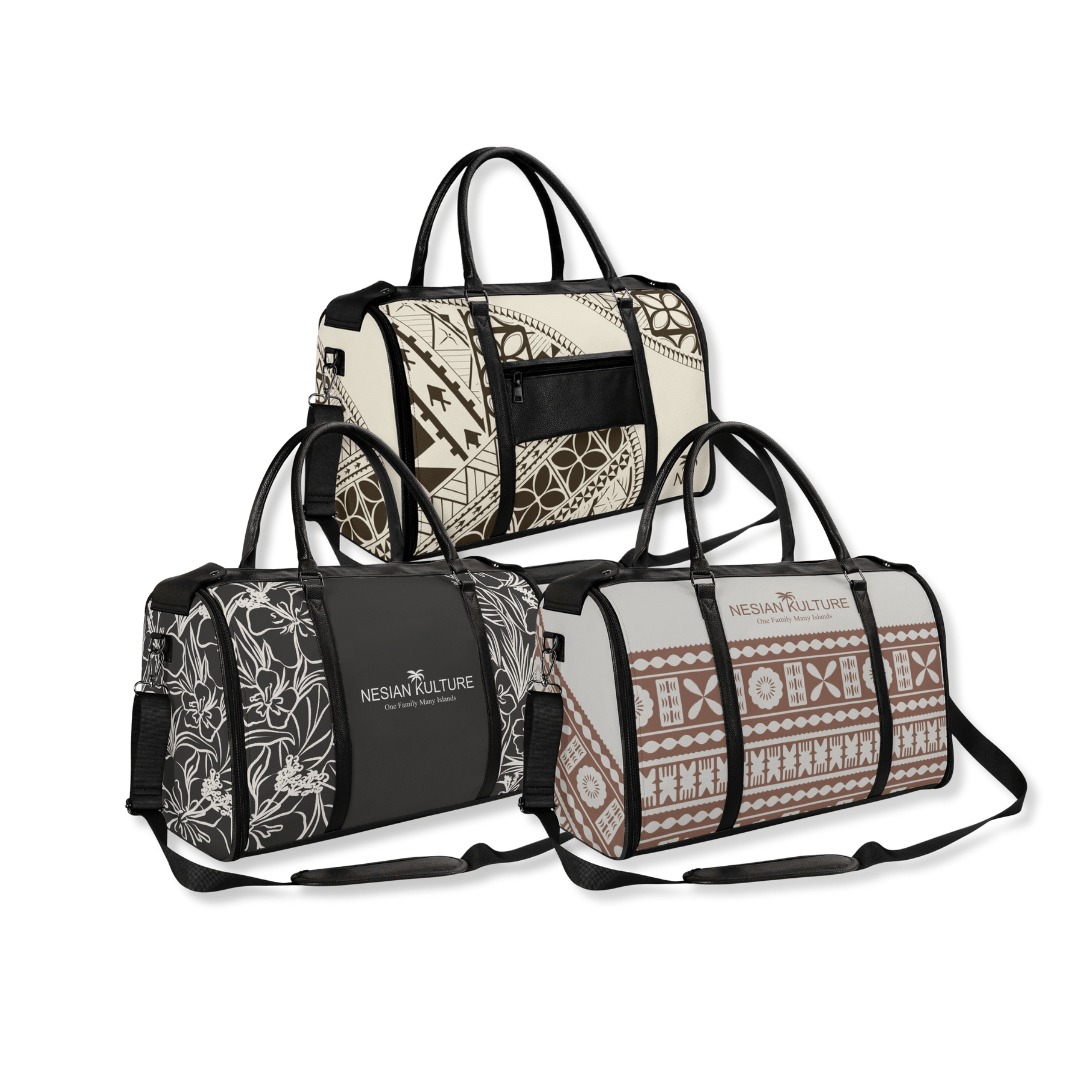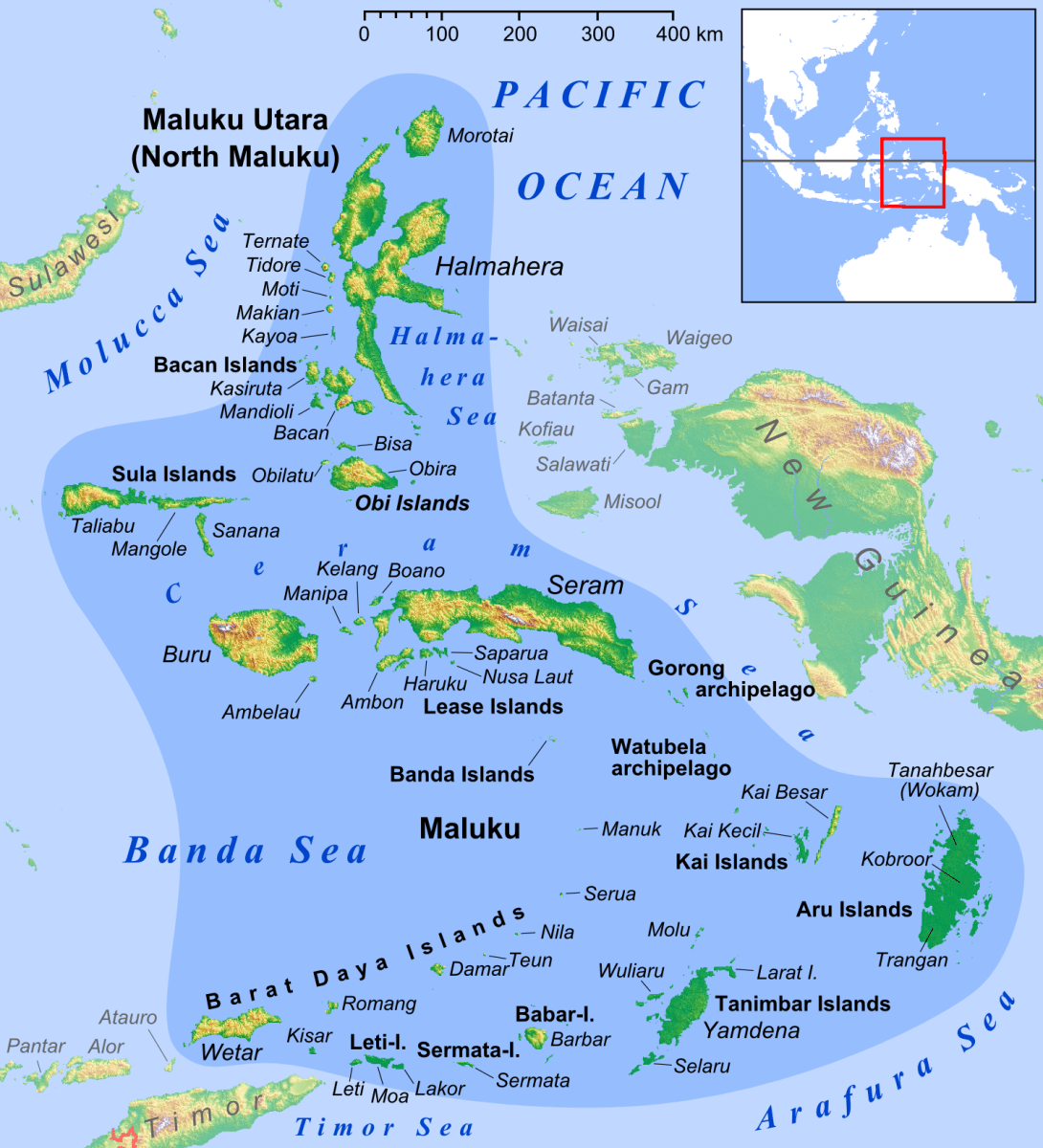
The Maluku Islands: The Heart of Pacific Heritage and the Roots of Polynesian Culture
The Maluku Islands, located in West Melanesia near West Papua, are a region rich in history and cultural significance. Known as the original home of the Alifuru people, the Maluku Islands played a pivotal role in the early development of Polynesian culture. This region, sometimes referred to as the "Spice Islands" due to its historical spice trade, was not just a center for commerce but also a melting pot of cultures, where Melanesian and Austronesian societies intertwined. These cultural exchanges laid the foundation for some of the most remarkable aspects of Polynesian identity.
A Crossroads of Cultures
The Alifuru people of the Maluku Islands were at the crossroads of ancient maritime trade routes. They were among the first to blend the traditions of the Pacific’s Melanesian populations with those of Austronesian travellers, who began migrating through the region around 3,000 to 4,000 years ago. The result was a fusion of customs, language, and technology that shaped the future of Polynesian culture.
One of the most significant contributions of this region was the development of advanced seafaring technologies, particularly the outrigger canoe. These canoes, designed to be stable in the open ocean, enabled early navigators to explore and settle far-flung islands across the Pacific. The skill and innovation behind this technology became a key element of Polynesian exploration and expansion.
The “True Polynesians”
Early European explorers were so impressed by the cultural and physical similarities between the people of Maluku and the Polynesians they encountered across the Pacific that they referred to the Maluku Islanders as the “True Polynesians.” This label reflects the deep cultural connections that originated in the Maluku Islands, which spread through the Pacific as people migrated from island to island.
Although today the Maluku Islands are part of Indonesia, their Pacific Melanesian roots remain strong. Historical evidence shows that the people of Maluku were closely allied with major Pacific cultures like Fiji, Tonga, and other islands. The shared heritage is visible in the language, music, food, and traditional tools of the Maluku people, which bear striking similarities to those found in the Pacific Islands.
Cultural Connections
Maluku’s ties with the Pacific Islands are evident in various aspects of daily life and traditions:
-
Language: Many Maluku languages are part of the Austronesian language family, just like those spoken in Polynesia, Micronesia, and parts of Melanesia. These linguistic similarities offer a window into the ancient migrations that spread Polynesian culture.
-
Music and Instruments: The Maluku Islands share a musical heritage with the Pacific, using traditional instruments such as the ukulele. Folk songs from Maluku echo the melodies and themes found in other Pacific cultures, further highlighting their shared roots.
-
Food and Lifestyle: Like their Polynesian cousins, the Maluku people have a rich food culture based on the ocean and agriculture. They have traditionally relied on seafood, coconuts, and root crops—foods commonly found across the Pacific Islands.
-
Seafaring and Physical Strength: The indigenous people of Maluku, with their dark brown skin, curly hair, strong bones, and athletic builds, are naturally suited for a life closely connected to the sea. Living on islands required them to be skilled swimmers, sailors, and navigators, making them experts in the waters that linked the many islands of the Pacific.
A Rich Maritime Legacy
The Maluku Islands were more than just a cultural hub; they were a center for ancient seafaring. The Alifuru people’s expertise in ocean navigation allowed them to thrive in a challenging environment. Mastering the seas was not just a matter of survival—it was also a way to connect with neighbouring islands and cultures.
The development of outrigger canoe technology was key to this maritime lifestyle. These sturdy, fast canoes allowed the Maluku people to travel across vast stretches of ocean, creating trade routes and cultural connections. This seafaring innovation would eventually spread throughout Polynesia, enabling the Polynesians to colonize some of the most remote islands on Earth, from Hawaii in the north to Easter Island in the east.
A Legacy That Lives On
Today, the people of the Maluku Islands continue to honor their rich heritage. Although the islands are part of Indonesia, their unique history and cultural identity connect them to the broader Pacific Island nations. The traditions of seafaring, music, and language that originated in Maluku still resonate in the cultures of Polynesia, Micronesia, and Melanesia.
The Maluku Islands, with their deep historical ties to the Pacific, remain a testament to the rich and interconnected history of the Pacific Islands. The Alifuru people and their legacy as the “True Polynesians” have left an indelible mark on the cultures of the Pacific, reminding us of the incredible journeys and innovations that shaped the region.
Related Posts

ONE FAMILY. MANY ISLANDS — THE STORY BEHIND THE WORDS
Discover the true story behind Nesian Kulture’s tagline “One Family. Many Islands.” — a movement born from Susan’s childhood as...
En savoir plus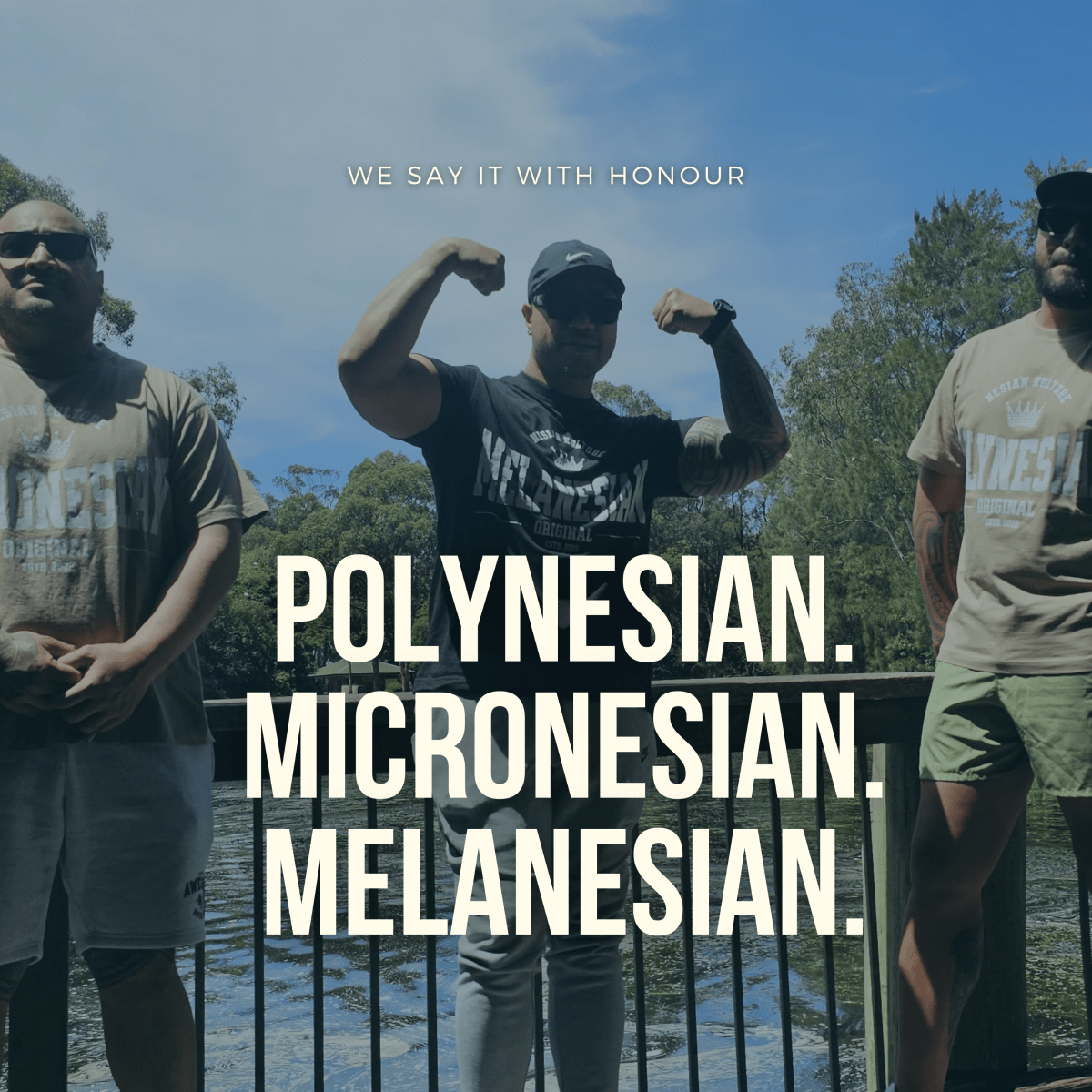
We Still Say Polynesian, Micronesian & Melanesian — And We Say It With Honour
Some say we shouldn’t use names like Polynesian, Micronesian, or Melanesian. At Nesian Kulture, we believe those names no longer...
En savoir plus